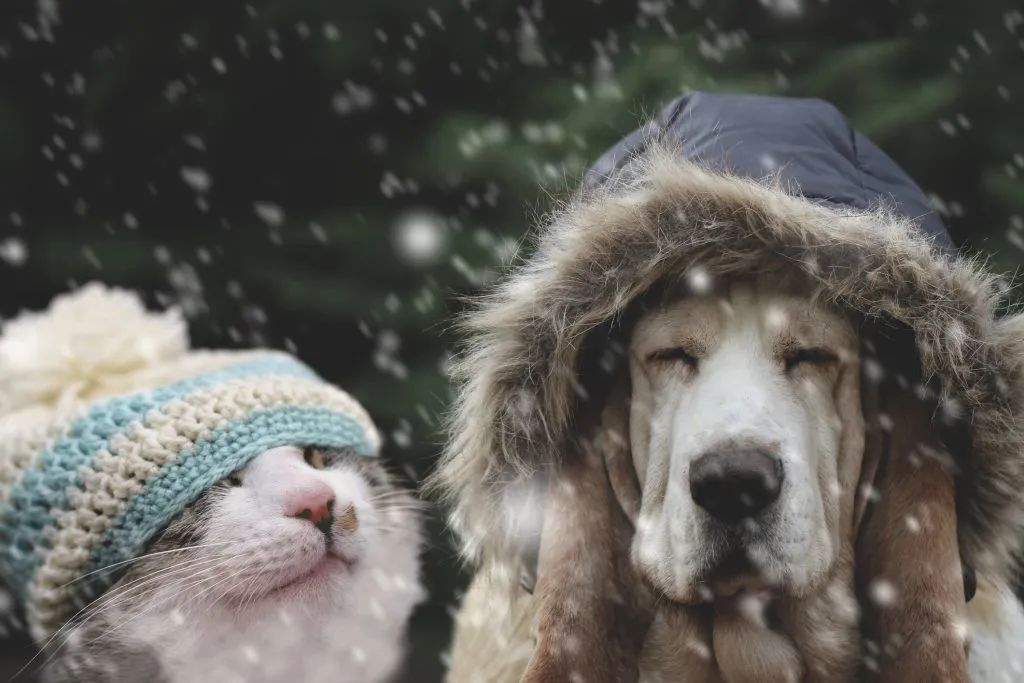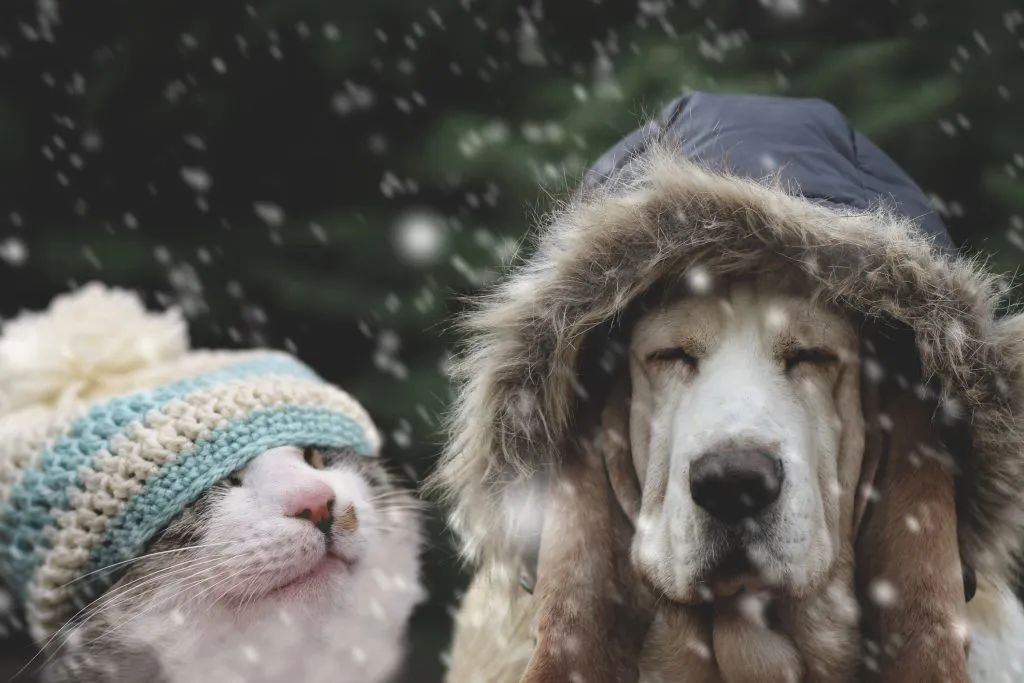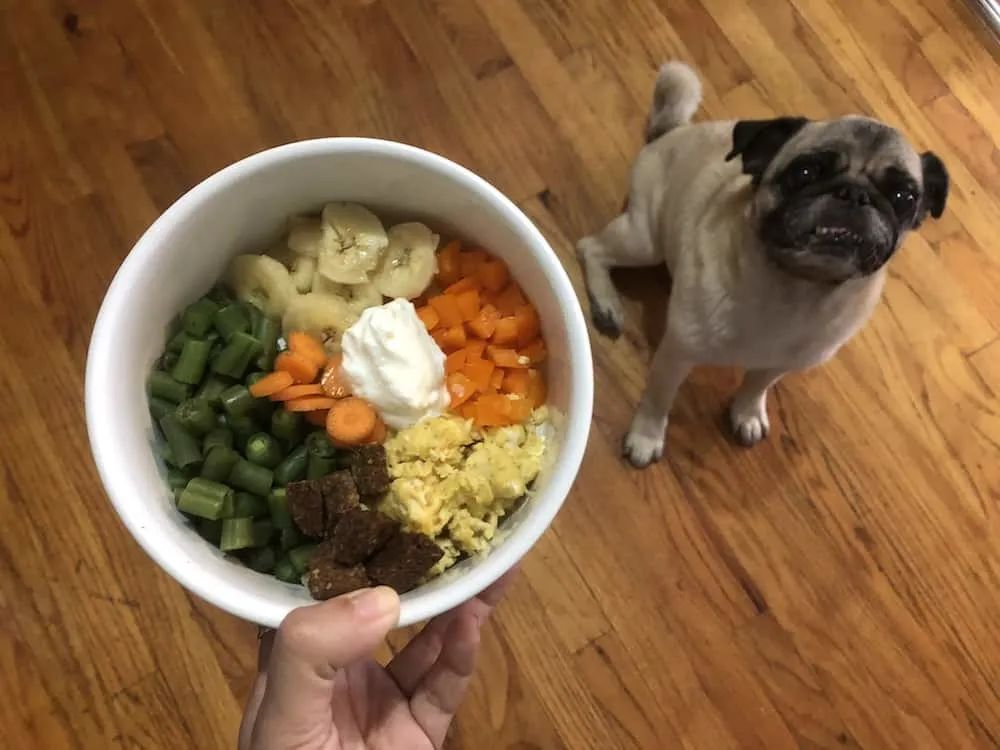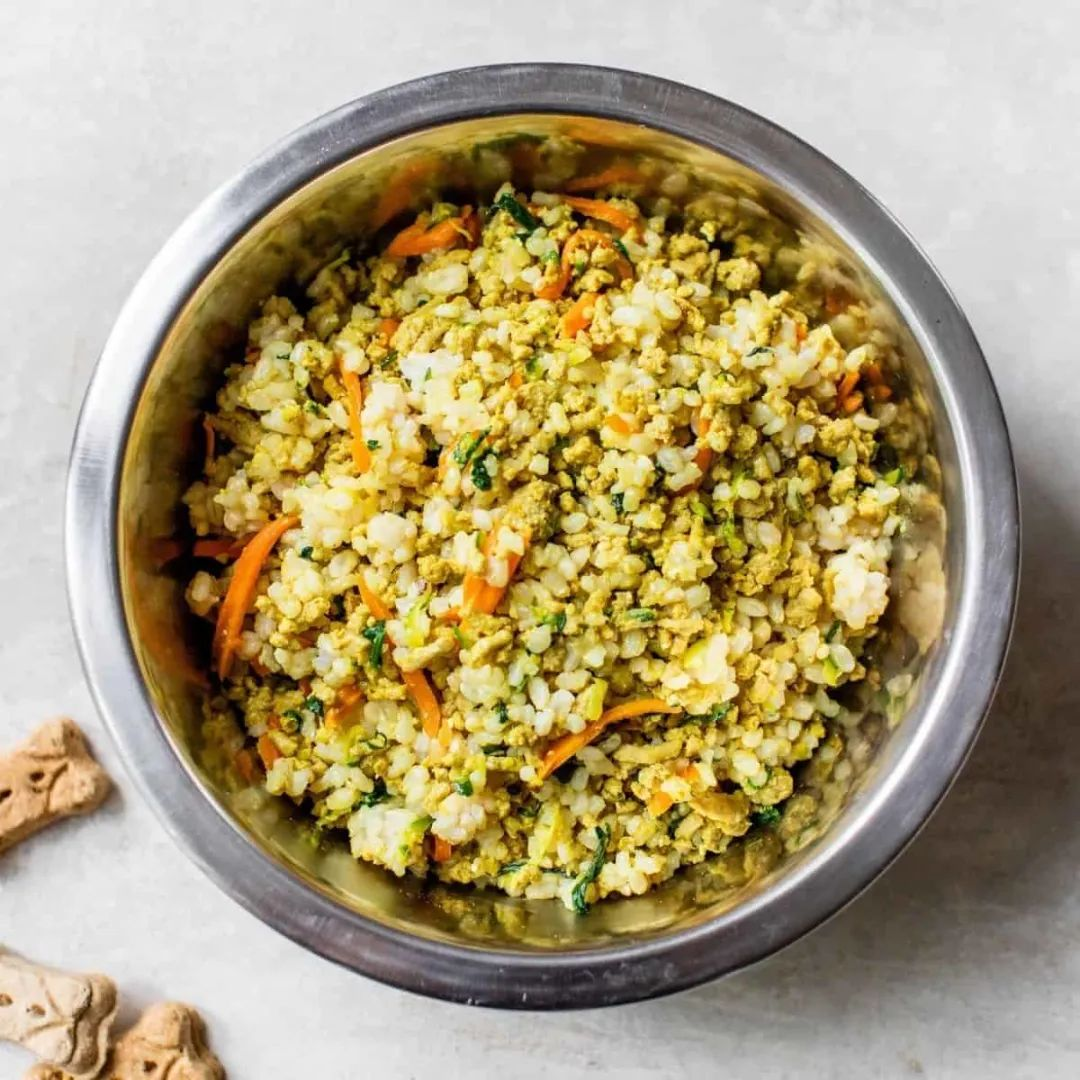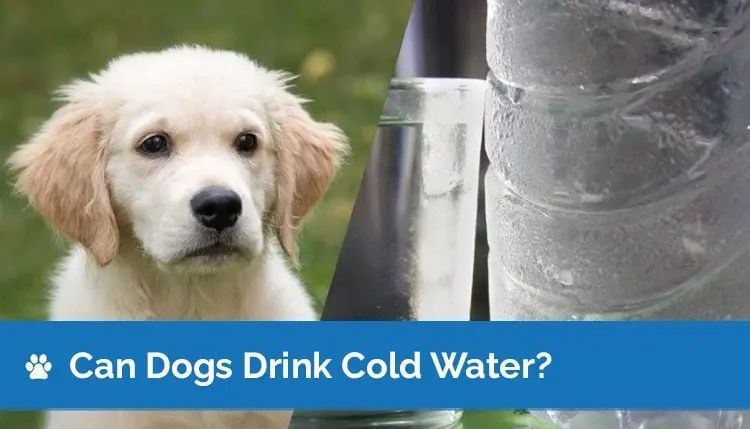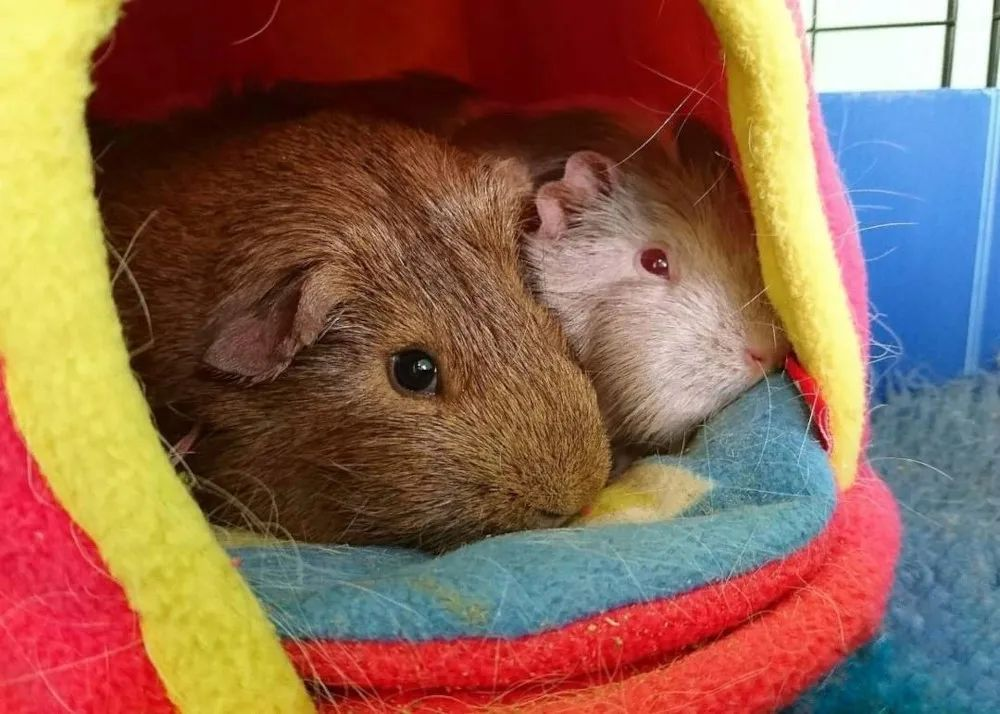Sudden cooling of pet gastrointestinal diseases!
Last week, there was a sudden large-scale snowfall and cooling in the northern region, and Beijing also suddenly entered winter. I drank a pack of cold milk at night, but suddenly experienced acute gastritis and vomiting for several days. Originally, I thought this might be an example. Who wants to constantly receive sudden gastrointestinal diseases from various pets within a week? Dogs are the most common, followed by cats, and even guinea pigs… So I think I can summarize it and let friends try to avoid it as much as possible.
This week’s strong winds, blizzards, and sudden drop in temperature were very rapid, so many pet owners did not have time to make adjustments. Originally, the most common illnesses were colds, but instead vomiting and diarrhea. After carefully analyzing the situation of sick cats and dogs, it was found that most of the problems were caused in the following areas:
1: The proportion of people eating homemade food is high, and many pet owners feel that cooking is more nutritious than cat food and dog food, especially some picky pets who do not like to eat single flavored pet food, so pet owners often cook. This week’s sudden onset of winter caused problems during feeding, leading to gastrointestinal diseases. Some friends leave their prepared food in the kitchen, one meal in the morning and one meal in the evening. Because the weather is usually warm and the food is not very cold, they do not have the habit of hot meals, which leads to discomfort in the pet’s stomach when eating cold meals.
There are also many dog owners who leave their food there and won’t take it away. When the dog wants to eat it, it can be eaten at any time. In the summer, it is necessary to avoid food spoilage, and in the winter, it is necessary to avoid food becoming cold. I have conducted an experiment where food becomes very cold after being placed on the balcony for about an hour. Although not all dogs may feel uncomfortable eating it, it is difficult to guarantee that they will not develop diseases.
There are also many dog owners who leave their food there and won’t take it away. When the dog wants to eat it, it can be eaten at any time. In the summer, it is necessary to avoid food spoilage, and in the winter, it is necessary to avoid food becoming cold. I have conducted an experiment where food becomes very cold after being placed on the balcony for about an hour. Although not all dogs may feel uncomfortable eating it, it is difficult to guarantee that they will not develop diseases.
3: Loss of appetite caused by cold. The sudden drop in temperature caught almost everyone off guard, and many animals were also unprepared. Low temperatures can lead to a decrease in the animal’s body temperature, followed by hypothermia, slow gastrointestinal peristalsis, indigestion, and constipation. When food accumulates in the intestines and stomach, there may be a decrease in appetite, mental fatigue, and weakness due to drowsiness. Dogs are mainly found in some hairless or short haired dogs, and these dogs are relatively thin breeds, such as dachshunds and crested dogs. For these breeds of dogs, they should wear woolen jackets in winter to avoid losing temperature.
Hypothermia is most commonly seen in guinea pig hamsters. When the temperature is below 16 degrees Celsius, if pet owners do not do a good job of insulation, it is very easy to develop hypothermia, showing reduced activity, significantly reduced appetite, and curling up in a corner to keep warm. If a hot water bag is placed next to it for a few hours, it will restore the spirit and appetite, because hamsters and guinea pigs do not vomit, so when the gastrointestinal discomfort occurs, it is manifested as not eating or drinking, and bowel movements are reduced. When the temperature is below 16 degrees Celsius, pet owners need to use insulated lights to maintain some areas of their lives at around 20 degrees Celsius in order to ensure health. Heating pads are not the first choice, as many rodents will chew on them.
Finally, I hope all pet owners do not give their pets a large amount of high-fat and high-calorie food just because of sudden cooling. This can easily lead to pancreatitis in dogs, heart discomfort in cats due to obesity, and more difficult to treat diseases such as flatulence in guinea pigs and hamsters.
Post time: Nov-20-2023

